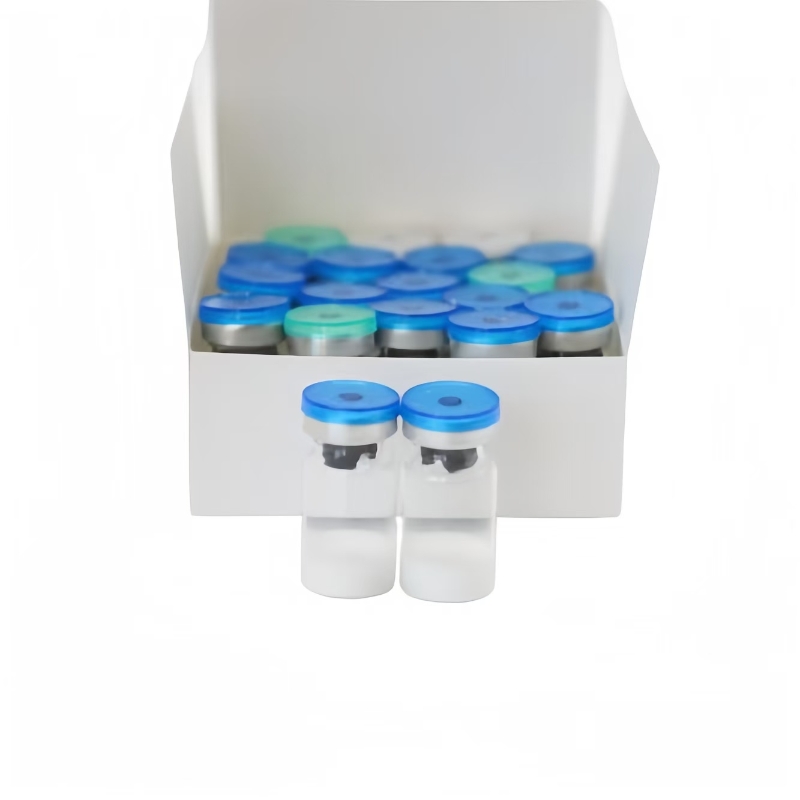-
Categories
-
Pharmaceutical Intermediates
-
Active Pharmaceutical Ingredients
-
Food Additives
- Industrial Coatings
- Agrochemicals
- Dyes and Pigments
- Surfactant
- Flavors and Fragrances
- Chemical Reagents
- Catalyst and Auxiliary
- Natural Products
- Inorganic Chemistry
-
Organic Chemistry
-
Biochemical Engineering
- Analytical Chemistry
-
Cosmetic Ingredient
- Water Treatment Chemical
-
Pharmaceutical Intermediates
Promotion
ECHEMI Mall
Wholesale
Weekly Price
Exhibition
News
-
Trade Service
A new study shows that wound infection is the most common problem after surgery, especially in developing countries, but the promised innovations to solve this problem have not worked, and global guidance needs to be changed
Both the World Health Organization (WHO) and the National Institute of Health guidelines recommend that surgeons use alcohol-based chlorhexidine skin preparations and triclosan-coated sutures to prevent surgical site infection (SSI)
However, the world’s largest wound infection test does not prove the superiority of these interventions over lower-cost alternatives
The FALCON trial was conducted in Benin, Ghana, India, Mexico, Nigeria, Rwanda and South Africa, and was funded by the National Institute of Health (NIHR) in the United Kingdom
The researchers involved in this study published their findings in the journal The Lancet today, and they call for revisions to the guidelines that recommend these measures, whether for low- and middle-income countries (LMIC) or on a global scale
Mr.
"Our findings are very important to many health care providers in low- and middle-income countries because we follow existing WHO and NICE guidelines, which have a significant cost impact on organizations with limited resources
Patients with SSI experience pain, disability, poor healing, risk of wound rupture, extended recovery time, and psychological challenges
Compared with high-income countries, patients in low- and middle-income countries are more susceptible to higher rates of SSI, which increases the risk of catastrophic expenditures, poverty, and wider negative impacts in the community
The global surgery trials of the Global Surgery Research Group of the National Health Research Center covered 5,788 patients from 54 hospitals in 7 countries.
Professor Adesoji Ademuyiwa, a co-author from Lagos University, commented: “The overall SSI rate is very high, reaching 22%-this is a preventable complication that is causing unnecessary pain and burden on patients and the system
"It is clear that small randomized trials should be avoided now and should be replaced by larger trials that can provide stronger evidence on the incidence of SSI and ultimately lead to more effective measures to help address this global health care challenge
Article title
Reducing surgical site infections in low and middle income countries: a pragmatic, multicentre, stratified, randomised controlled trial (FALCON)







